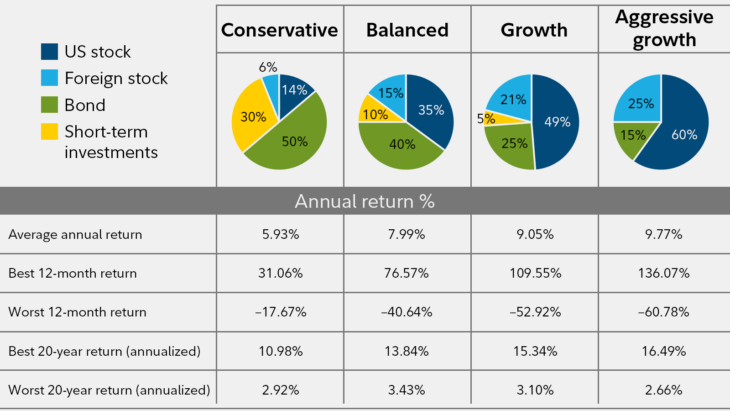Suspension is a type of punishment that involves temporarily removing a student from school. It can be used for a variety of reasons, such as for serious misconduct, repeated offenses, or safety concerns. Suspension can have a number of negative consequences for students, including academic setbacks, social isolation, and increased risk of dropping out of school.
There are two main types of suspension: in-school suspension and out-of-school suspension. In-school suspension is when a student is removed from their regular classroom and placed in a separate location within the school, such as a detention room or an alternative learning center. Out-of-school suspension is when a student is removed from school altogether and is not allowed to return until the suspension has been served.
The length of a suspension can vary depending on the severity of the offense and the school’s policies. In-school suspensions typically last for a few days, while out-of-school suspensions can last for a week or more. In some cases, a student may be expelled from school, which is a more severe punishment than suspension.
There are a number of reasons why a student might be suspended from school. Some of the most common reasons include:
- Fighting
- Truancy
- Drug or alcohol use
- Vandalism
- Theft
- Bullying
- Harassment
- Disruptive behavior
- Violation of school rules
When a student is suspended, they are not allowed to attend school or participate in any school-related activities. This can have a number of negative consequences for the student, including:
- Academic setbacks
- Social isolation
- Increased risk of dropping out of school
- Mental health problems
- Legal problems
In addition, suspension can be expensive for schools. Schools that have high rates of suspension often have to hire more staff to monitor students who are suspended, and they may also have to pay for alternative learning programs.
There are a number of things that schools can do to reduce the number of suspensions. Some of these things include:
- Providing early intervention services for students who are at risk of suspension
- Creating a positive school climate
- Teaching students conflict resolution skills
- Developing clear and consistent rules and consequences
- Providing training for staff on how to deal with disruptive behavior
Suspension is a serious punishment that can have a number of negative consequences for students. Schools should only use suspension as a last resort, and they should work to reduce the number of suspensions by providing early intervention services and creating a positive school climate.








You must be logged in to post a comment.